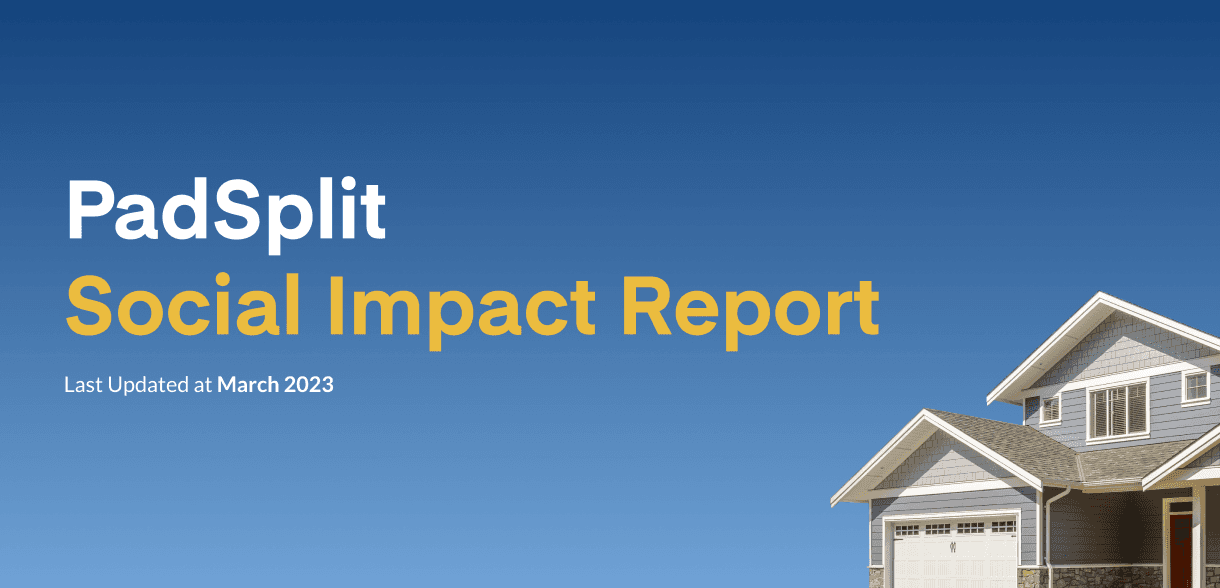Summary: Student debt in the US is at an all-time high, and many graduates struggle to keep up with their payments. Financial advisors can help you in:
- Understanding your financial situation
- Helping you plan a solid budget
- Looking for and selecting the best repayment plan
- Finding debt relief programs to ease the burden of repayments
But wait – when you’re trying to save money to pay off your student loans, why would you spend more by hiring an advisor?
Photo by Adetayo Adepoju on Unsplash
The all-consuming weight of student loans
The student debt crisis is grim, and students everywhere are feeling its effects. According to Investopedia, students in the United States owe a combined $1.6 trillion as of 2023.
Yes, as in 12 zeros.
After long, hard nights of cramming for the next day’s exam and living off frozen dinners, no one wants to wake up to a negative bank balance. This is where a good financial advisor can help you out of your slump.
Take our advice, hire a financial advisor!
Photo by Towfiqu Barbhuiya on Unsplash
A financial advisor can help you create a solid budget
Being proactive with how you spend your money is the first step to taking a bite out of your debt. This is one area in which expert financial advice can benefit you – by analyzing your income and expenses and telling you where to cut back on spending. For reference, take a look at this financial advisor dissecting a student’s situation and providing them with ways to get out of debt.
A solid budget is genuinely one of the best ways to ensure you’re financially set up to cover your loan repayments every month, whether you’ve already secured a high-paying job or you’re barely making enough to put food on the table.
By implementing a solid budget, you’ll quickly see how those seemingly insignificant payments add up in the grand scheme of things. Looking for a roommate can cut your rent in half while making a distinction between wants and needs in your budget will help you save money by avoiding buying unnecessary items.
Of course, you don’t want to hear that you’ll have to pass on that new pair of sneakers, but defaulting on your student loans because you can’t afford the monthly repayment is far worse.
Finding the best student loan repayment plan
If you haven’t found a job that pays well enough to maintain high repayments toward your student debt, your financial advisor can help you find repayment options that suit your income.
You can count on your advisor’s guidance to help you create a strategy for tackling your debt without becoming overwhelmed or defaulting on your loans.
Income-driven repayment plans have a variety of benefits, such as better flexibility – you can change plans and make extra payments alongside your monthly repayment. Your payments will also be lower than the standard repayment plan rate. The amount is fixed at 15% of your income, helping you avoid going broke just to clear your debt.
On the other hand, lower payments do mean more interest, and you’ll be paying it back for a longer period. Your remaining student debt will affect your debt-to-income ratio, which might cause issues if you want to buy a rental property or take on other debt, such as financing a car.
However, if you are looking to buy a rental property, a financial advisor can help you find a great umbrella insurance policy to protect you from any unforeseen circumstances, saving you money in the process.
Yeah, we didn’t say this would be easy. Luckily, having assistance from the right advisor can help you navigate these challenges effectively.
Consolidating your student loan debt
Paying off multiple student loans can be a stressful process. Having debits go off on different days for different amounts can get tricky. If you’re in this situation, your financial advisor can help you plan a proper strategy to consolidate your loans. You’ll only have to worry about one monthly bill, and the interest rate will be fixed until you’ve paid off the loan.
Of course, consolidating your loans does have its downsides. You need to trust your financial advisor to ensure you’re not losing out on too many benefits attached to the original loans. As with income-based repayment plans, consolidated loans will increase the repayment period, so if you choose to take this route, make sure it won’t interfere with your plans!
Student loan forgiveness programs
Graduates working in certain fields, such as education and healthcare, can qualify for debt forgiveness. This also applies to military members, those working in public service, or those who have received federal student loans. Plus, there are many debt forgiveness programs set up for graduates working in the law profession.
As the student debt crisis in the US continues to grow, more employers are offering student loan help to graduates as a benefit – even if you don’t work in law or healthcare or qualify for military and public service loan forgiveness. Your financial advisor can also help you find an employer willing to help you pay off your student loans.
Watch out for scams!
We’re discussing things involving money, so it’s no surprise that bad actors will be out there waiting to take advantage of the desperation of student loan borrowers. Be careful of the wolf in sheep’s clothing offering to “help” pay off your debt. You’ll receive a ton of emails about debt forgiveness, with criminals on the other end just waiting for you to make a mistake. Remember, there’s no such thing as free money!
Experienced financial advisors have seen it all, and they can spot scammers from a mile away. Their guidance will help you avoid falling victim to these criminals when an offer looks too good to be true.
Let an expert take your weight of student debt off your shoulders
We know it’s tough keeping up with student debt. I mean, that’s what this entire post has been about. Inflation is booming, and salaries are barely keeping up, but with expert advice, you can rest easier knowing you’ve worked on a solid budget and strategy to pay your debts off faster.
Photo by Andrea Piacquadio: https://www.pexels.com/photo/woman-in-red-t-shirt-looking-at-her-laptop-3755761/
Now that you understand the benefits of seeking an experienced financial advisor, which strategy do you think you’d like to focus on?


